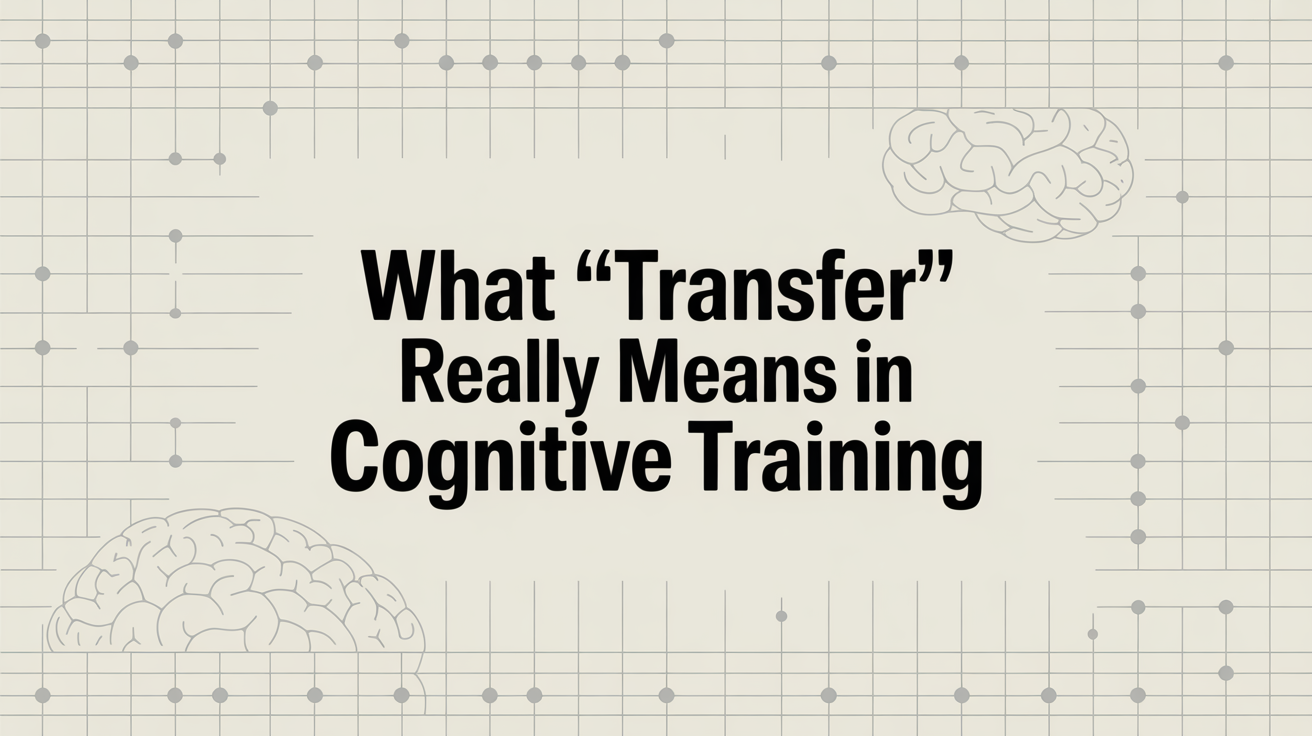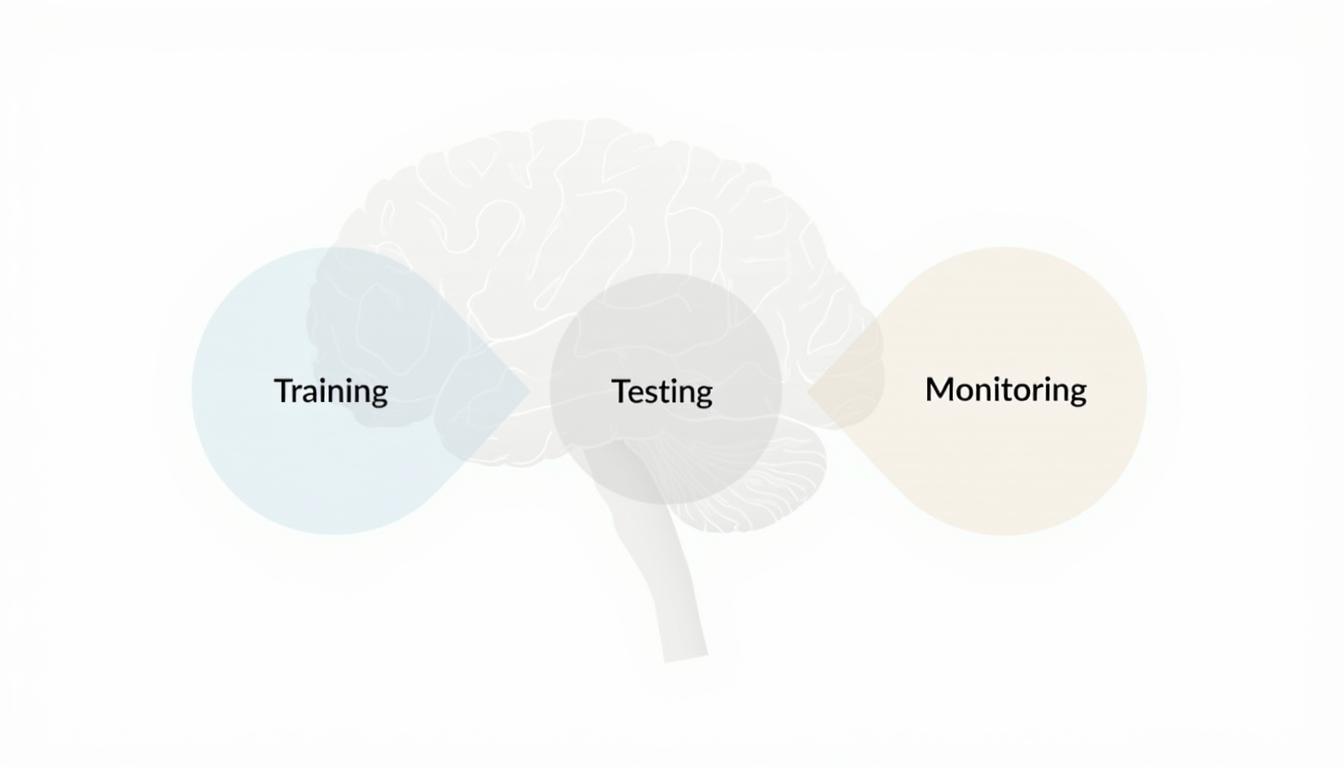Welcome to the Research and Strategy Services at in today's fast-paced.


The internet is easily accessible with today's advanced forms of digital technology. It means more and more people have started using online platforms to gain information, access entertaining activities like watching shows online on Thoptv pc, or ways to make money. But, it does not negate the fact that overuse can lead to internet and technology addiction. The enticing and attractive features of technology can trap people in their virtual web. If you wish to know more about how today's technology entices us, keeps us hooked, and its downsides, you have come to the right place.

Digital technology refers to the tools, resources, devices, and systems used to collect, store and share data or information. While digital technology can promote better connectivity, learning opportunities, automation, and better storage of information, it can also lead to obsessive use of electronic devices. Ultimately, it can result in a real form of addiction.
Many of us have the misconception that using recreational drugs or products derived from cannabis causes addiction. But, edibles from Weedsmart Dispensary can offer benefits to the body when used in the right way. Do you know digital technology causes addiction? Your use of technology over time can make you hooked on them. Many of us have no idea how technology can facilitate addiction. So let’s learn how you can become addicted to the internet or technology.

Why does digital technology feel so enticing and alluring? It is because it fulfills our need for interaction and stimulation both quickly and efficiently. When we experience emotional stress due to work pressure or personal problems, technology offers a way to forget about it, or simply distract ourselves. It feels like a quick and easy fix. Over time, digital technology becomes addictive. How does it happen? Here are some of the ways:
Digital technologies such as online gaming sites, online shopping platforms, and social media networks use persuasive techniques to encourage people to return to these platforms. These includes the following:
● Scarcity - Persuade quick viewing of temporarily available status or snap purchases
● Social Proof - Encourage viewing of the viral retweet, products, or online articles
● Personalization - Show news feed based on the personal preferences of the viewer
● Reciprocity - Invite more friends for getting reward points
These tactics can make it difficult for you to leave a digital service or product.
Related to this, with the rise in cyber crime it’s very important to have a safe browsing experience. You can add some of the best chrome security extensions for better security before browsing the web.
Most social media platforms tap into the basic need of humans to connect with other people. It offers a sense of belonging. Hence, the FOMO encourages people to remain active on social media or make compulsive purchases. This taps into a psychological factor of loss aversion, scientifically known as Prospect Theory. Behavioral economics research shows this is a powerful driver of behavior, where we typically have much stronger emotional reactions to losing something, versus gaining the same thing.
Social media forums and groups encourage active participation with notifications and other features that shed light on other people’s availability and actions. These actions facilitate conversations and instant reactions. The dopamine-inducing environment of social media can trigger a chemical response in the brain. It is similar to the ones produced with the use of recreational drugs like cocaine. By creating a sense of community driven activity, we are more compelled to join in or follow the crowd.
Most social networking sites preach that not having any news to share indicates something amiss. The reasons why people share information online include to:
● Try to make other people’s lives better
● Post content to reflect online identity
● Grow and enrich relationships
● Like others to comment on their post
● Wish others to spread ideas posted online
Most social networking sites remind people that they need to post content. For example many people, especially celebrities, use their Twitter handle to give updates on the latest happenings and to become relevant to their followers and friends online. Social media encourages engagement that most people tend to follow instinctively.

Getting interested in digital technology is not bad. But, when it starts affecting your life in negative or compulsive ways, it may mean you have a tendency to become addicted to it. Unlike other types of drug addictions, many people ignore digital addiction. Why? Because many of us feel that digital technology makes us aware of things around us. It keeps us up-to-date. But, when someone uses their phone, laptop, or computer uncontrollably or anxiously, it means they have become addicted to it. In some cases, people need professional help to get them out of this specific type of addiction. Technology-related addiction can trigger severe issues similar to some forms of drug addiction. The main problems linked to digital technology addiction are:
● People have more likelihood of suffering from interpersonal and anxiety problems.
● People suffering from technology addiction can develop physical and mental health issues.
● Internet addiction can increase the chances of developing multiple addictions. For example, leading to online gaming, pornography or gambling addictions.
● Technology-related addiction like drug addiction can lead to strained personal relationships.
● People developing internet addiction can develop issues with impulse control and have lower autonomy.
● Teenagers or young adults addicted to technology are more likely to experience stressful life events.
● The risk of making people susceptible to self-harm, and having trouble academically or in careers.
● Spending too much time on the internet can also affect the self-esteem of young people.
The rapid developments in 21st century technologies combined with the exponential growth of the internet, pose growing concerns over their addictive nature. It makes both children and adults vulnerable to technology addiction. While there are countless ways that technology is important to us in our daily lives, it's clear that some level of self-control is needed to balance the pros and the cons. Understanding the downsides of digital technology and taking precautions can help you protect yourself or your children from becoming over-dependent. However, if you feel you or your loved ones suffer from serious internet addiction, it's recommended to seek help from a qualified professional. Otherwise the dependency experienced is likely to continue and could lead significant negative life style behaviors impacting your long-term health, career and social relationships.






Welcome to the Research and Strategy Services at in today's fast-paced.

By strengthening the neural circuits that are affected by addiction, their restoration aids in fighting the addiction itself.

Learn how biofeedback can guide quality sleep habits.

A personal look into the challenges of the digital age, and practical ways to overcome them.
.png)